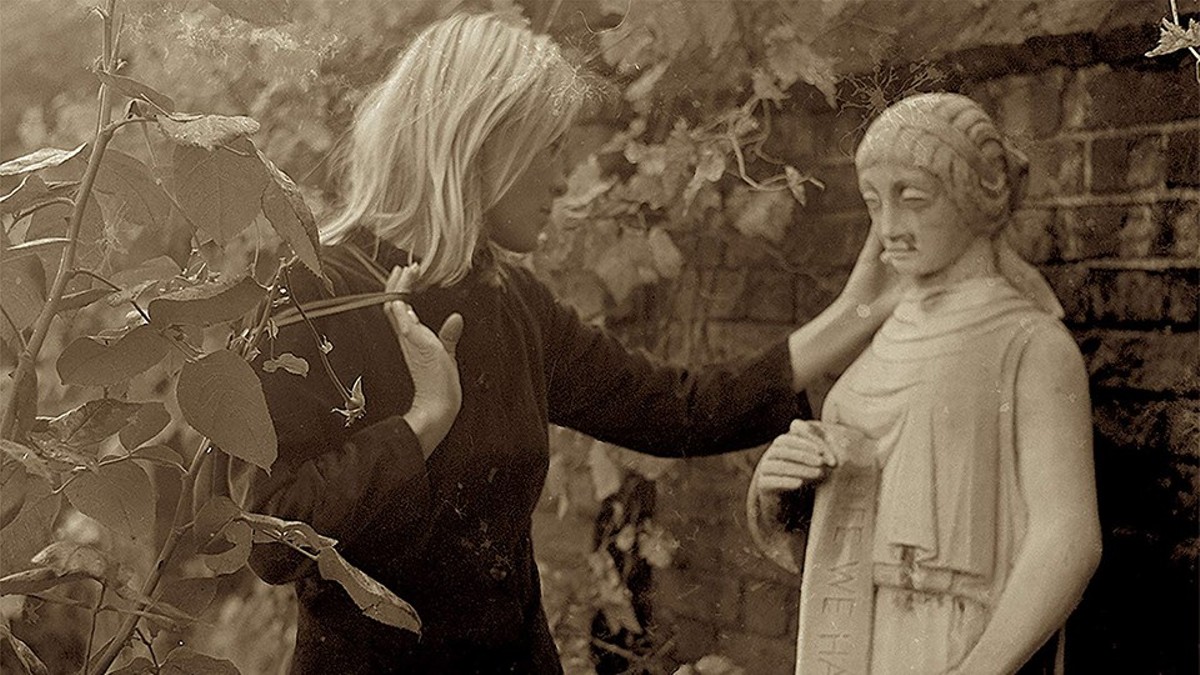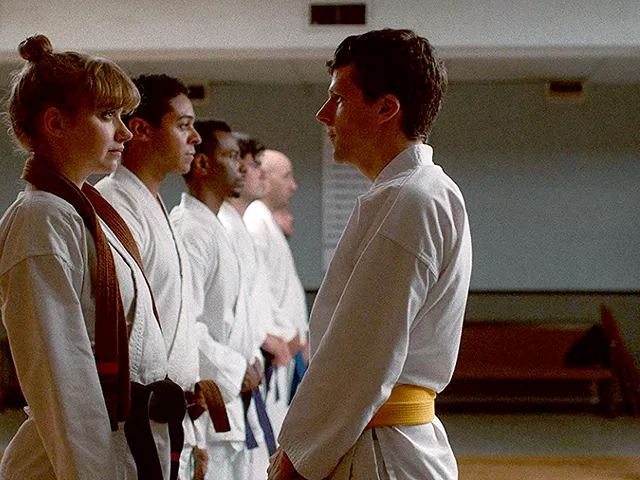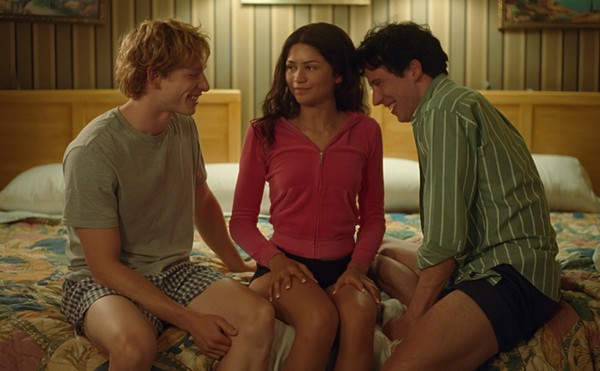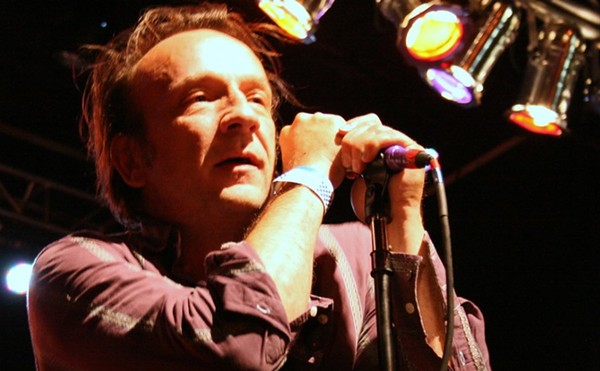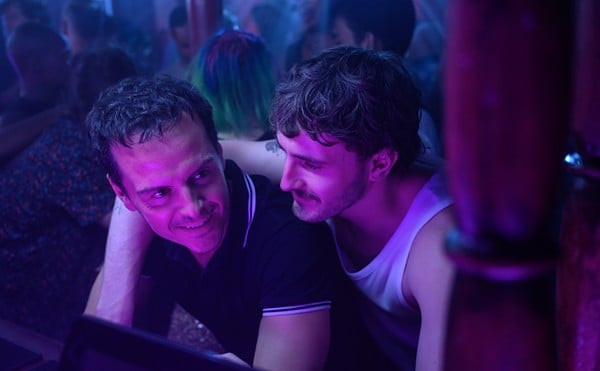So Long, Marianne," first heard on Leonard Cohen's 1967 debut album, is one of the most acclaimed examples of the singer-songwriter's early work. Melancholy and romantic, its six short verses are filled with details (palmistry, remorse, recrimination) that must surely be autobiographical, but its message is universal, sung by a narrator pledging that his love is eternal, even as he appears to be packing his bags.
It should come as no surprise that the lyrical Marianne had a real-life counterpart, one of many muses to pass in and out of Cohen's sphere (others included Warhol superstar Nico, Janis Joplin and, of course, the eponymous Suzanne). Marianne Ihlen, a striking Norwegian ex-model, was married and with a small child when Cohen met her on the Greek island of Hydra in 1960. Ihlen, like Cohen, was one of the dozens of bohemian spirits who had run to the Aegean Sea to create a kind of refuge for artists, a place where living was inexpensive and bourgeois reality seemed miles away. Cohen, already well regarded for his poetry in his home of Canada, had come there to write. Marianne, separated from her novelist husband, was content with keeping house and inspiring his poems; they lived together sporadically for more than a decade, with Cohen gradually withdrawing as his musical career took off.
Nick Broomfield's new film, Marianne & Leonard: Words of Love, tells the story of this on-and-off romance through home movies and interviews with friends of the couple. (Ihlen died in July 2016; the film quotes a moving letter Cohen wrote to her at the time, just a few months before his own death.) Rare for a documentary film, it's a love story, albeit one told in fragments and shaded by the passage of time.
It's also, perhaps inevitably, the story of Cohen's wayward path to fame, a journey which probably hastened the end of his relationship but which reveals, in retrospect, much about his passionate art. By the mid-to-late 1960s, Cohen had suffered a mental breakdown — possibly from the stress of writing Beautiful Losers, a dark and difficult novel about sex and death. He seized upon the idea of becoming a singer-songwriter, despite having, he admitted, an inability to play a note or carry a tune. Developing a small but significant fan base almost immediately, he leaped onto the concert stage with enthusiasm, as if it were a form of total-immersion therapy. Guitarist Ron Cornelius, who played in Cohen's band in the early '70s, provides Broomfield with a glimpse of the intensity and indulgences of their life on the road.
The film also follows Cohen in his post-Marianne decades: a retreat to a California Buddhist colony, a period of financial ruin after his business manager embezzled all of his savings and, finally, his startling re-emergence as an aging crooner who used his age, his voice and his romantic obsessions to fashion a new persona as a Zen song-and-dance man.
More than just a love story/music memoir, Marianne & Leonard is in many ways the story of a lost generation, an elegy for the many disaffected young men and women who embraced the notion of a kind of domestic/artistic utopia only to find that the banalities of personal excesses and sour relationships still crept in. The film's interviewees, friends and ex-lovers of both Cohen and Ihlen, look back at their Hydra days wistfully, sometimes humbled by their naiveté but showing not the slightest trace of regret.
For Nick Broomfield, one of the most ambitious and inventive documentary filmmakers, Marianne & Leonard is a strange, atypical work. Broomfield is renowned — or notorious, depending on whom you ask — for breaking one of the cardinal rules of the nonfiction film and inserting himself into his stories. He has become emotionally attached to his subjects, ranging from serial killer Aileen Wuornos to Hollywood Madam Heidi Fleiss. He can turn confrontational as in Kurt & Courtney, where he was ejected from an awards ceremony for shouting questions at Courtney Love.
Marianne & Leonard poses a different kind of challenge: Can he find a personal approach to a story told primarily through home movies, concert films and historical interviews? The answer is an unequivocal "yes," as Broomfield reveals that he was one of those disconnected youths looking for the utopian dream and living briefly in Hydra, even becoming one of Marianne's occasional flings. Though he gives only a few details and serves mostly as the film's off-screen narrator, his insight and empathy for the time and place — and the people — are unmistakable. Keeping his distance, Broomfield makes this his most subtly personal film.

